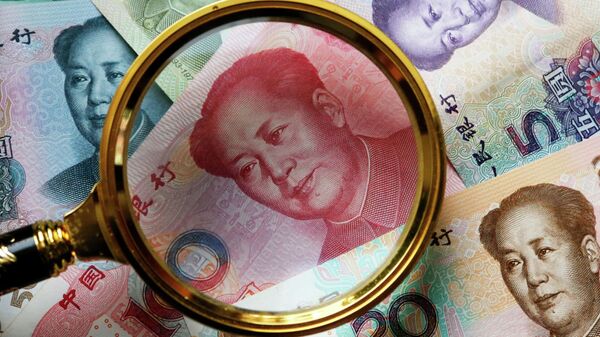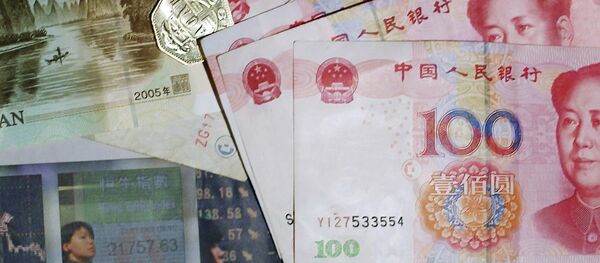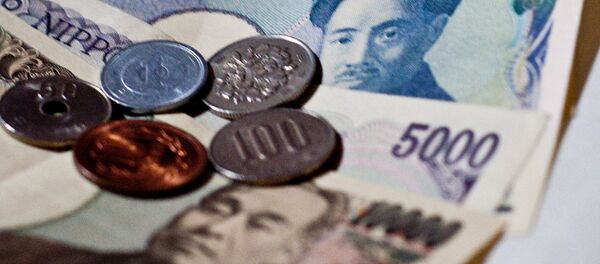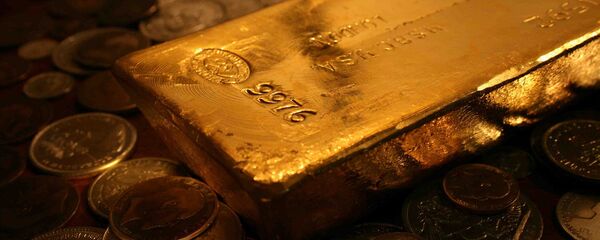The People's Bank of China set a center point for Tuesday's trading that was 1.9 percent below Monday's level, precipitating the biggest one-day change in a decade.
The bank said that starting Tuesday, its daily fixing of the center point for trading will take into account supply and demand as well as the previous day's exchange rate.
On Tuesday, the yuan was allowed to fall 1.3 percent shortly after the start of trading and was down nearly 1.9 percent at midday.
The central bank said market forces would be given a bigger role in the future, which leaves open the possibility of more declines.
Beijing uses what it calls a "managed float." It allows the yuan's exchange rate to fluctuate within a 2 percent band above or below a point set by the People's Bank of China, based on the previous day's trading.
However, most other countries also regulate exchange rates based on an "anchor currency" such as the dollar, to prevent abrupt swings that might hurt their economies.
However the US and other major trading partners complain that Beijing suppresses the yuan's value, giving its exporters an unfair price advantage and hurting foreign competitors.
Chen Fengying, Director of the World Economy Institute of China's Institute of Contemporary International Relations told Sputnik that the current move is illustrating the country’s motion towards commercialization.
“Since 2005 the dynamics of the yuan exchange rate have been regulated and the dollar has been growing steadily. I think that the increase in currency fluctuations shows the tendency to switch towards the market. Besides, I think this is some kind of adjustment," she said.
"When the US dollar devaluates, the Chinese yuan grows in value, Chinese goods get more expensive on the international market and thus it has a negative impact on the competitiveness of the yuan. In its turn, it means the need for market regulation, and additional regulation of the development of the market orientation of the Chinese economy and the appreciation in value of the Chinese currency.”
In recent months, the yuan has strengthened along with the dollar, making Chinese exports more expensive and raising the risk of politically dangerous job losses in industries that employ tens of millions of workers.
China’s leadership has been urging the IMF to declare the yuan an official reserve currency on par with the dollar, the euro, the Japanese yen and the British pound — a move which the West admits would raise China’s influence on the world stage.






